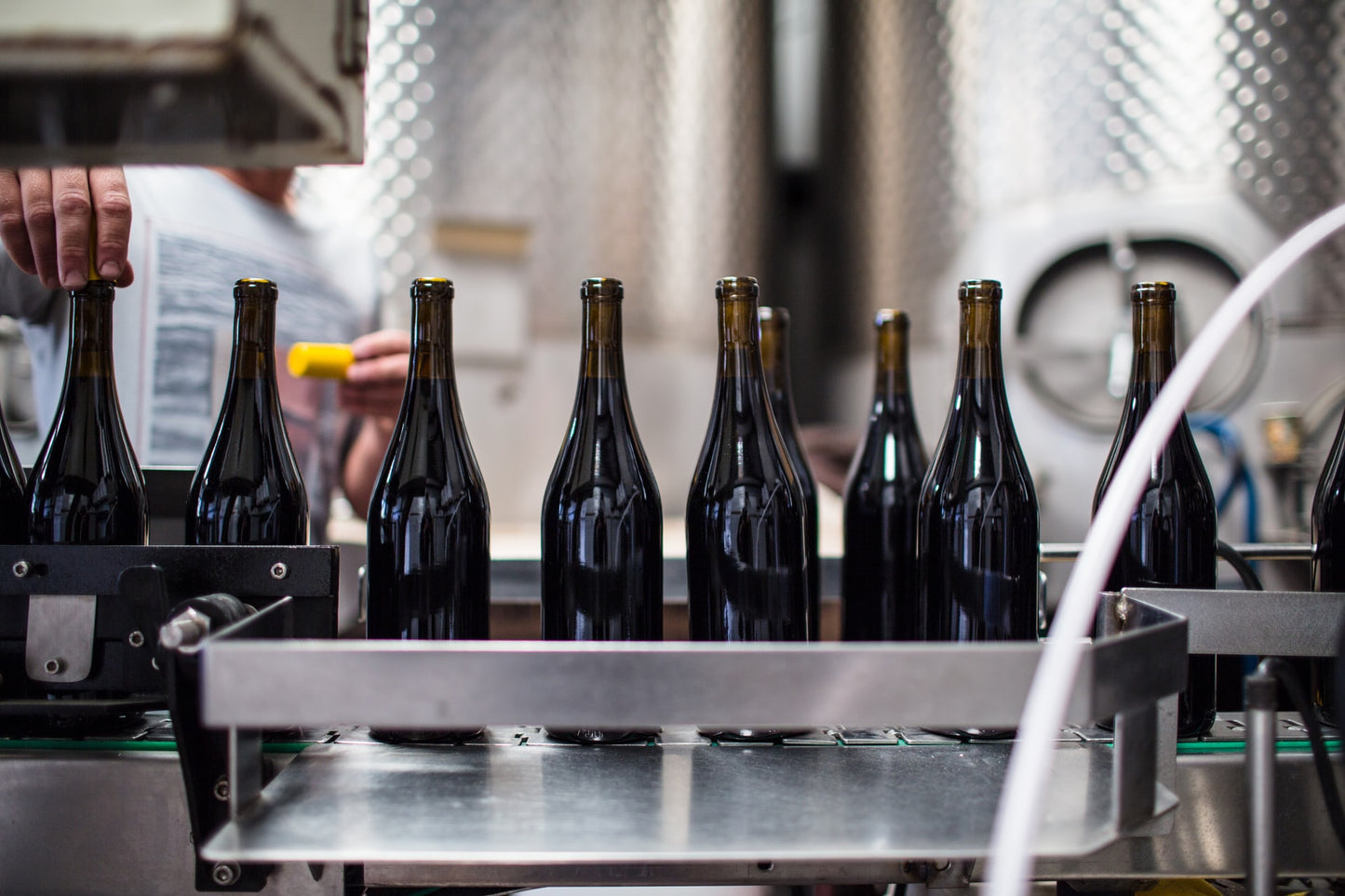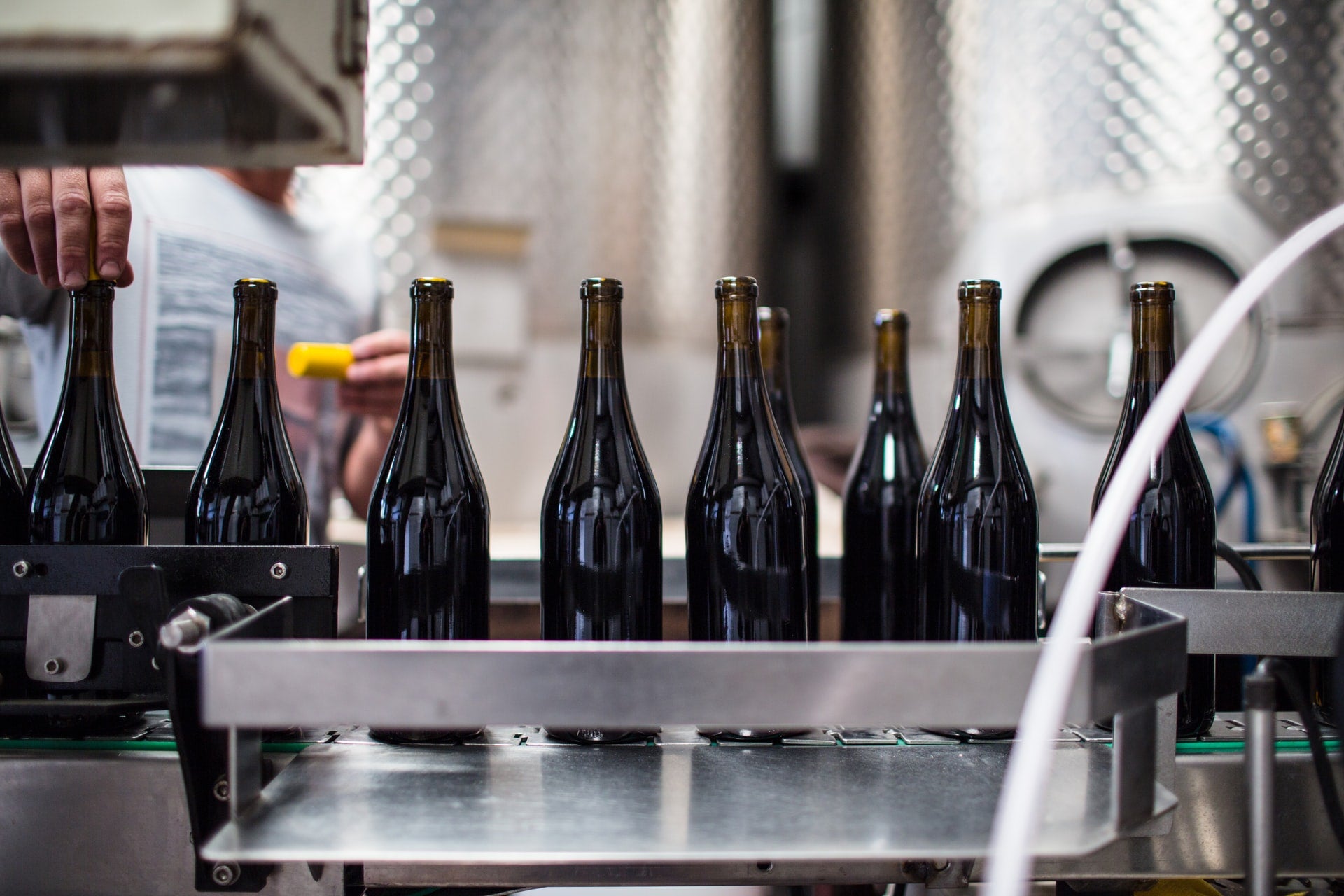CAPS - Atlantic
New World Wine Regions
New World wine regions are quickly establishing market strength. This section of the Sommelier program examines the ‘New World’ wine regions including Australia, New Zealand, South America, South Africa, USA, and Canada, with special attention to the wines of Nova Scotia/New Brunswick/P.E.I. In this section of the course students will study the character and quality of the major wines of the New World, learning the history, terroir, culture, laws, leading producers and trends. Emphasis will be placed on the advancement of New World winemaking techniques and the influence of these developments within the New World wine regions and abroad. In this course, students will continue to develop their tasting ability and wine assessment skills, as well as knowledge of food and wine pairings.
Couldn't load pickup availability
Syllabus of Course Content
Syllabus of Course Content
Class 1: New World winemaking techniques, wine closures and alternative packaging
Class 2: Wines of Chile
Class 3: Wines of Argentina
Class 4: NW techniques & South America written exam
Class 5: Wines of Canada - Ontario & British Columbia
Class 6: Wines of Canada - Nova Scotia
Class 7: Wines of USA - California
Class 8: Wines of USA -California continued
Class 9: Wines of USA - Washington, Oregon & Other USA
Class 10: North America written exam
Class 11: Wines of South Africa
Class 12: Wines of Australia
Class 13: Wines of New Zealand
Class 14: South Africa, Australia & New Zealand written exam and final tasting exam.
Schedule
Schedule
Dates TBD
Evaluation Criteria
Evaluation Criteria
- New World Wine Making Techniques & South America Written Exam 20%
- North America Written Exam 20%
- South Africa & New Zealand Written Exam 20%
- Final Tasting Exam 30%
- Research Project 10%
Note 1: In compliance to CAPS national educational standards, participants must achieve a minimum of 70% to successfully pass this module.
1. a) Any student receiving an overall mark less than 60% will be obligated to repeat the entire course.
1. b) Any student receiving an overall mark between 60-69% will be obligated to write a comprehensive supplemental examination to increase their overall mark to the required 70% (additional fees will apply).
Note 2: Participants must achieve a minimum of 65% (collectively) on the tasting components to successfully pass this module.
Note 3: Research projects will receive a 10% deduction per day accepted after deadline. After 5 days the research project will receive a mark of zero.
Note 4: Participants are expected to attend all examination days. Any rescheduling may result in additional supplemental fees.
Location
Location
Location TBD
COVID-19 Safety
COVID-19 Safety
CAPS-AC will have the following COVID safety protocols in place.
·Students and instructors will be required to wear masks upon entry to the building until seated. Students will be required to answer a COVID questionnaire upon entry to each class. Any student with symptoms including but not limited to the following: a cough, sneezing, sore throat, fever etc, are not to come to classes. Communicate your symptoms to 811 and report any possible community spread to the instructor immediately.·Students and instructors will be required to use hand sanitizer upon entry and any time they enter or leave a classroom.·Students will be seated a minimum of 2 metres apart. Instructors will be placed a minimum of 2 metres from all students. Masks must be worn by students and instructors if two metre physical distancing cannot be maintained i.e. while wine is poured. ·Students must bring ALL necessary supplies to class and remove all supplies and garbage upon termination of the class. This includes, water, coffee cups, spit cups, napkins and wine glasses. Tasting glasses will be available for purchase at or near cost by students before the commencement of the first class. ·Instructors will wear masks and gloves while pouring wine.
Should threat levels be raised by local health authorities or any type of other safety concern arise, classes will revert to online instruction with tastings to occur once threat levels have been deemed acceptable.


